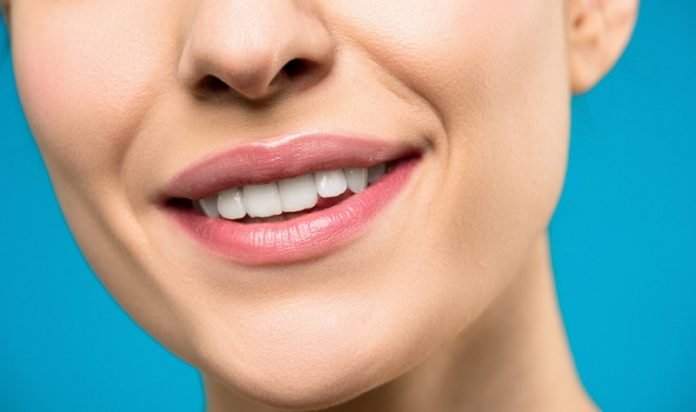
In a new study from UCL and the Tokyo Medical and Dental University, researchers found that older adults with more natural teeth are better able to perform everyday tasks such as cooking a meal, making a telephone call or going shopping.
In the study, the team analyzed data from 5,631 adults from the English Longitudinal Study of Aging (ELSA) aged between 50 and 70.
Previous studies have shown the link between tooth loss and reduced functional capacity but did not establish a causal link.
In this study, the research team wanted to investigate the causal effect of tooth loss on someone’s ability to carry out daily activities.
After considering factors such as participants’ socioeconomic status and poor general health, they still found there was an independent link between tooth loss and the ability to carry out everyday tasks.
For the study, participants were asked how many natural teeth they had, with older adults usually having up to 32 natural teeth that are lost over time.
Then, using data collected in 2014-2015, the researchers measured the effect of tooth loss on people’s ability to carry out key instrumental activities of daily living (IADL).
The activities included preparing a hot meal, shopping for groceries, making telephone calls, taking medications, doing work around the house or garden, or managing money.
The team says older adults with 10 natural teeth are 30% more likely to have difficulties with key activities of daily living such as shopping for groceries or working around the house or garden compared to those with 20 natural teeth.
Having more natural teeth is linked to delaying the onset of disability and death and that tooth loss can also hamper social interactions, which is linked to poorer quality of life.
They also suggest tooth loss could be linked to having a poorer diet with fewer nutrients.
Given the high prevalence of tooth loss, maintaining good oral health throughout the life course could be one strategy to prevent or delay loss of functional competence.
If you care about tooth health, please read studies about common mouthwash may increase risk of tooth damage and findings of this toothpaste may help prevent heart attack, stroke by detecting plaque.
For more information about tooth health and diseases, please see recent studies about this chemical in drinking water linked to tooth decay and results showing that new high-tech mouthwash could kill tooth bacteria effectively.
The study is published in the Journal of American Geriatrics Society. One author of the study is Professor Georgios Tsakos.
Copyright © 2021 Knowridge Science Report. All rights reserved.



